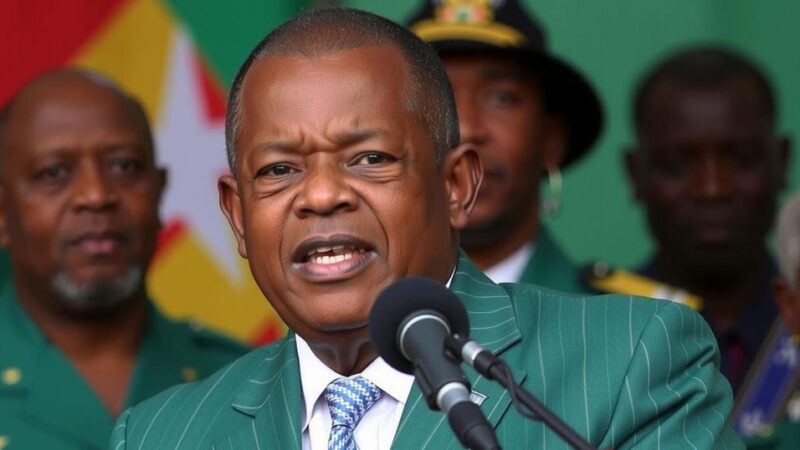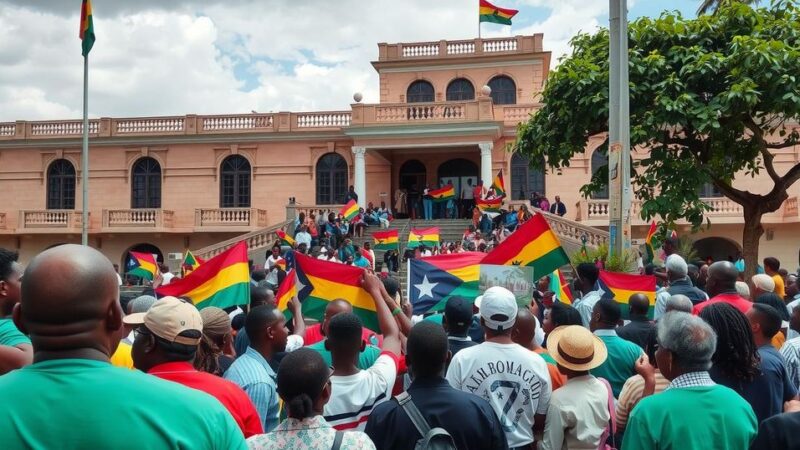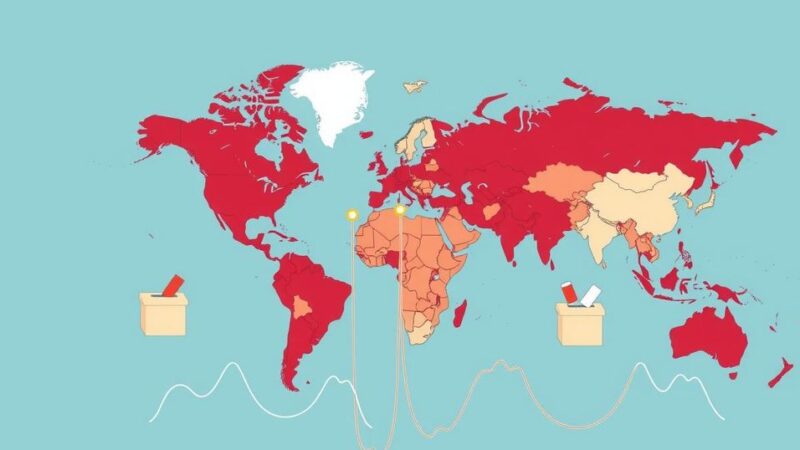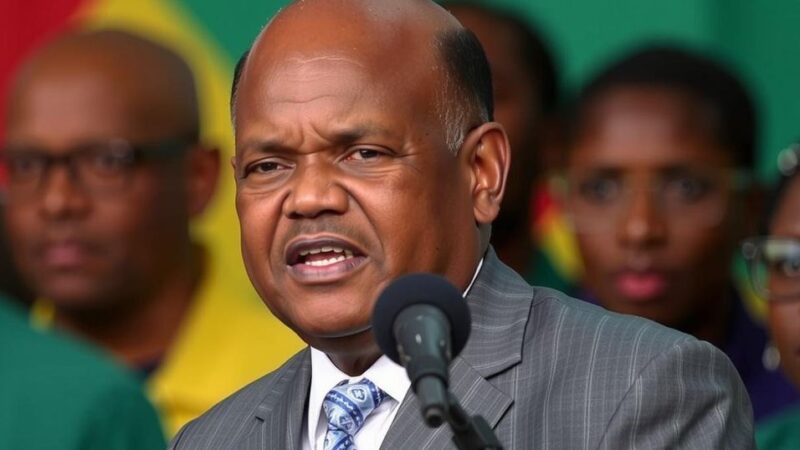In recent developments, Argentina rejects the UN’s Pact for the Future under President Milei’s leadership. Meanwhile, El Salvador’s President Bukele warns of a potential ‘new dark age’ during his UN address, contrasting improvements in his country with global issues. In Brazil, cryptocurrency imports have reached a record high, showcasing increasing consumer demand for digital assets.
In the latest edition of Latam Insights, we report on significant developments in Argentina and El Salvador concerning their respective stands on international influence and the cryptocurrency landscape. Argentina has officially disassociated itself from the United Nations’ Pact for the Future, known as the 2045 Agenda, a decision attributed to a shift in governmental philosophy under President Javier Milei’s administration. Foreign Minister Diana Mondino articulated concerns regarding prior governments’ commitments to the pact, emphasizing that many propositions contradict the new government’s objectives. Argentina remains committed to addressing global challenges but seeks more autonomy in its approach. Simultaneously, in his address to the UN General Assembly, President Nayib Bukele of El Salvador voiced his apprehensions regarding the declining conditions in Western nations, suggesting that they are on the brink of a “new dark age.” Bukele highlighted the positive transformations occurring within El Salvador, such as improvements in public safety and gang violence, contrasting these with the increasing issues of drug-related violence and social unrest in other regions. He emphasized the importance of freedom for Salvadorans, noting that whilst they enjoy security in their streets, many citizens of supposed free nations face dire circumstances. Moreover, Brazil has seen a substantial rise in cryptocurrency purchases, with a record spending of $12.37 billion on digital assets in 2024, exceeding the previous year’s totals. The Central Bank of Brazil’s findings indicate a growing demand from consumers for cryptocurrencies, both issued and non-issued. This surge signifies a remarkable shift in the financial behaviors of Brazilian citizens and the broader acceptance of cryptocurrencies in the country’s economy.
The topics covered in this edition of Latam Insights reflect the evolving political and economic landscape in Latin America. Argentina’s withdrawal from the UN Pact for the Future demonstrates a broader rejection of international regulatory influences, revealing a shift towards nationalism under its current administration. This decision aligns with Argentina’s desire to forge its path in addressing global challenges, rather than following a prescribed agenda. Meanwhile, President Bukele’s remarks at the UN signal El Salvador’s confidence in its governance model, particularly concerning public safety and civic freedoms amidst global turmoil. Brazil’s cryptocurrency buying spree illustrates the growing acceptance and integration of digital currencies into mainstream financial practices, marking a significant trend in the region’s economic development.
In summary, this issue of Latam Insights highlights three critical developments in Latin America: Argentina’s withdrawal from the UN’s 2045 Agenda, President Bukele’s assertions about El Salvador’s position amidst looming global challenges, and Brazil’s surge in cryptocurrency investments. These narratives underscore a broader shift in how Latin American countries are navigating international pressures and economic innovations, with emerging trends indicating a distinct local approach to governance, security, and finance.
Original Source: news.bitcoin.com







